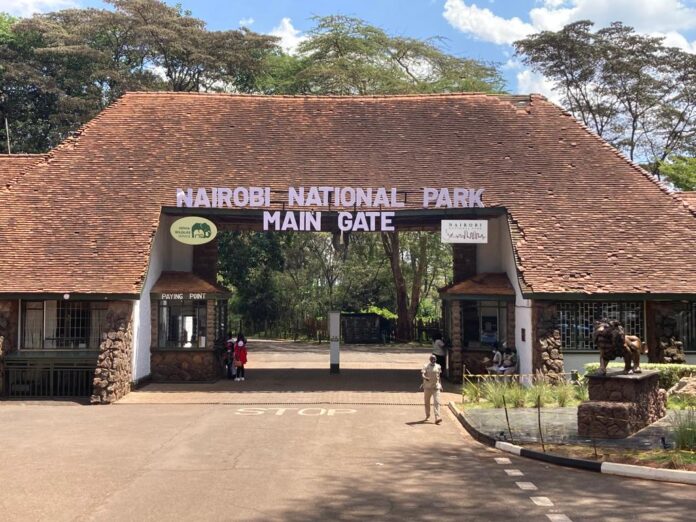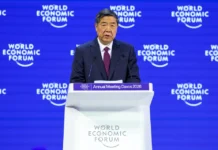Kenya Wildlife Service (KWS) has triggered public discussion by proposing its first major overhaul of park entry and conservation fees in 18 years.
The draft, published on July 9, 2025, outlines plans to nearly double revenue from parks from the current Ksh 7.9 billion to an estimated Ksh 16.6 billion by 2028 to plug a hindering anti-poaching operation, infrastructure upgrades and human-wildlife conflict mitigation.
According to KWS Director-General Prof, the existing fee structure has been stagnant since 2007 and is no longer sufficient to tackle escalating conservation challenges including inflation, evolving visitor expectations, and increased threats to biodiversity.
The revenue shortfall is undermining conservation efforts and impacting the livelihoods of more than a million Kenyans who rely on wildlife tourism.
Under the draft regulations, entry fees for both domestic and international visitors would rise sharply.
Fees for Nairobi, Amboseli, and Lake Nakuru are proposed to increase from Ksh 430–860 to roughly Ksh 1,000–1,500 for citizens and East African nationals, while non-resident fees would adjust accordingly.
KWS emphasizes that this is not a mere revenue exercise but a vital step toward building a resilient conservation framework.
A national impact assessment and public consultations back the proposal, with the agency soliciting feedback before finalization.
The planned fee increases are contentious; they aim to balance financial viability with the risk of deterring tourists.
KWS forecasts show tourism revenue jumping to Ksh 10.9 billion in year one and climbing to Ksh 16.6 billion by 2028 numbers that represent a major step toward reducing reliance on parliamentary budget allocations.
Written By Ian Maleve



















